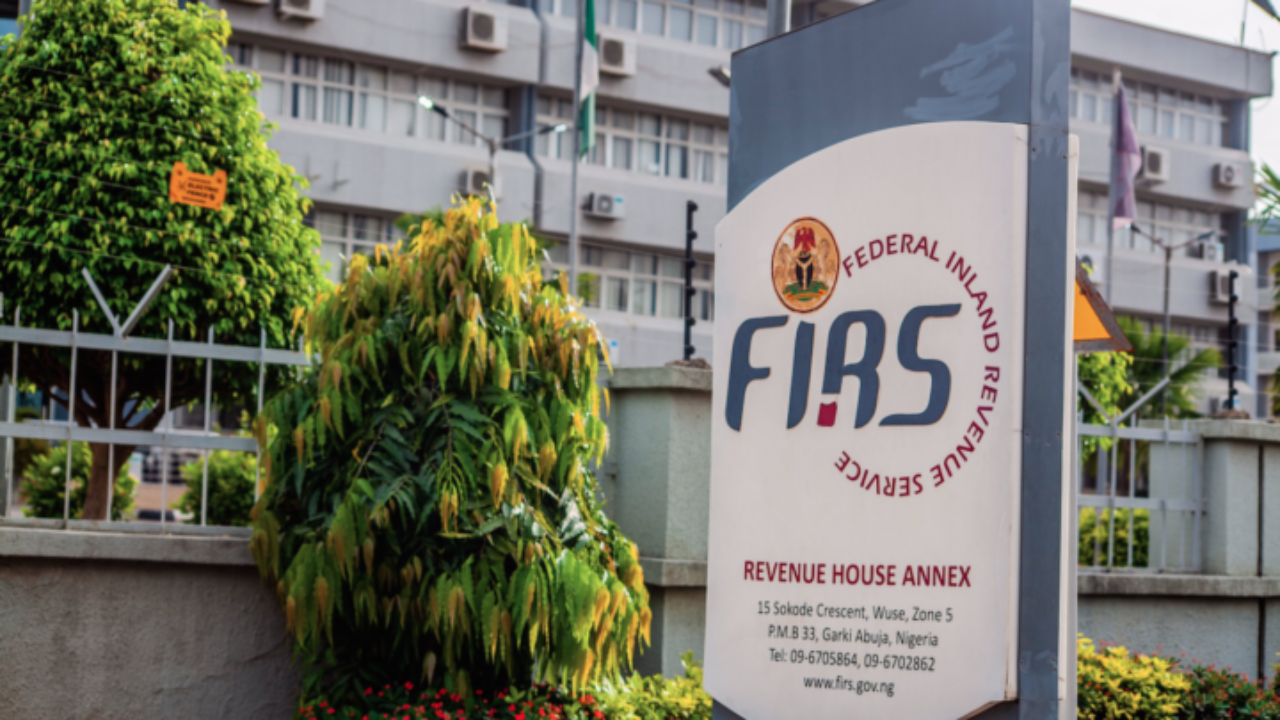
The Federal Inland Revenue Service (FIRS) is proposing the introduction of Road Infrastructure Tax in Nigeria, to make the informal sector contribute to building a modern society.
The Executive Chairman of FIRS, Muhammad Mamman Nami, whon announced this while hosting a delegation of the Nigeria Union of Journalists, NUJ, led by its National President, Chris Isiguzo, in his office, in Abuja,explained that the proposed Road Infrastructure Tax to be administered by the federal agency, would provide government with adequate funding for road construction, rehabilitation, and maintenance, as well as providing the needed security for roads in the country.
He said:“One quick and very important intervention required of you is in the area of the Road Infrastructure Funding Scheme that the country needs in order to fix our roads and bring the informal sector to the tax net.In many jurisdictions, road users pay for the use of road infrastructure as such it shouldn’t be seen as an additional burden on our citizens because it has the potential of making life better for all of us.”
Nigeria’s economy,he said,currently relies heavily on non-oil revenues to discharge its statutory responsibility of paying salaries and providing social amenities to the citizenry,adding that without payment of tax, governments at all levels would not be able to fulfil their mandate to the electorates.
According to him,the recent rise in the price of crude oil ordinarily should have impacted positively on the Petroleum Profit Tax payable by oil producing companies,stressing that it has shown otherwise due to some reasons, he said.
He added:“Crude oil production has been limited by OPEC quota. Nigeria’s OPEC quota as at July 2021 was about 1.5mbpd as against its crude oil production budget of 1.8mbpd.
“This is a shortfall of 300,000 barrels per day. Our average daily crude oil production is around 1.250mbpd as against the allocated 1.5mbpd OPEC quota which has resulted in a shortfall of almost 250,000 barrels per day mainly caused by crude oil theft and force majeure declared by some of the IOCs. The total shortfall to the federal government budgeted production is about 550,000 barrel per day.
“Huge losses brought forward and unrecouped capital allowances reported by most of the companies due to production shut in and the fall in oil price in 2020, as a result of the covid-19 pandemic which reduced their revenue.”
823100cookie-checkFIRS Mulls Road Infrastructure Funding Scheme for Nigeria



